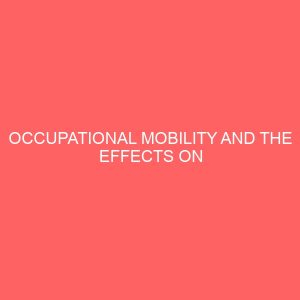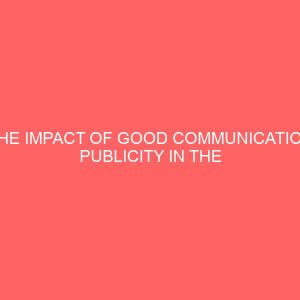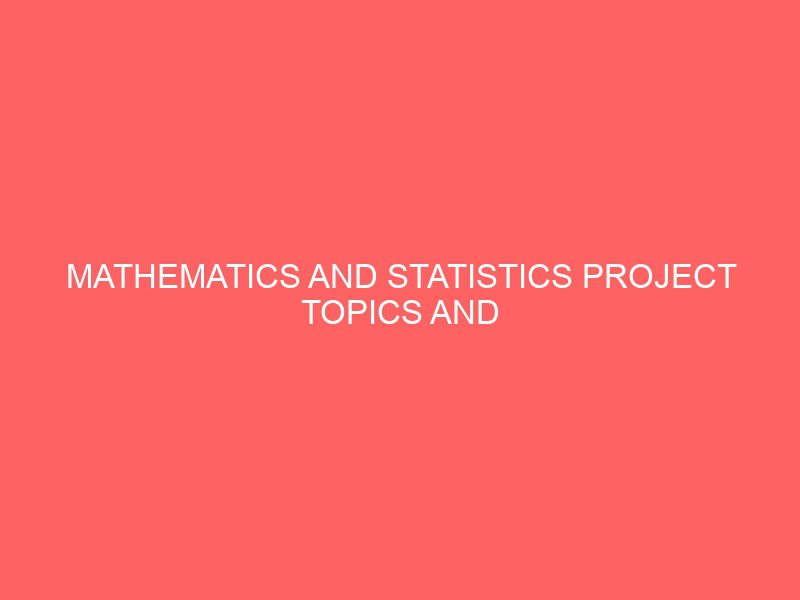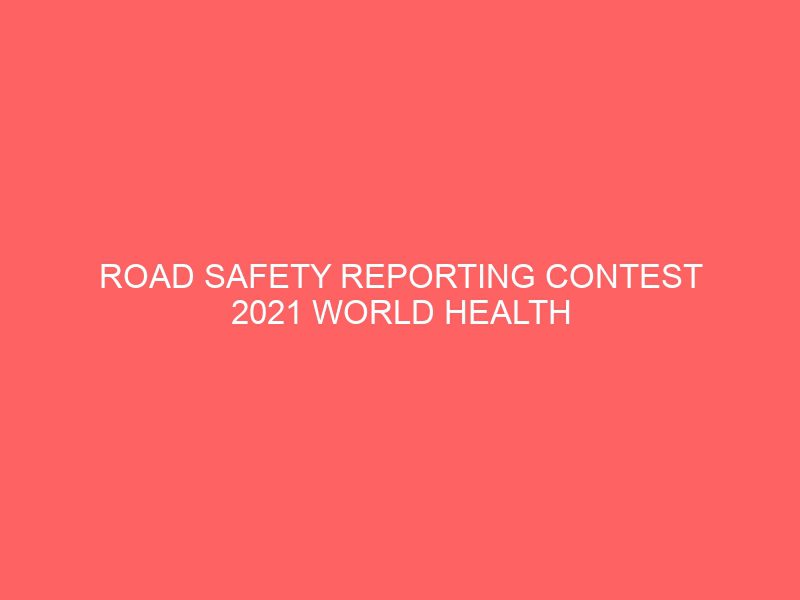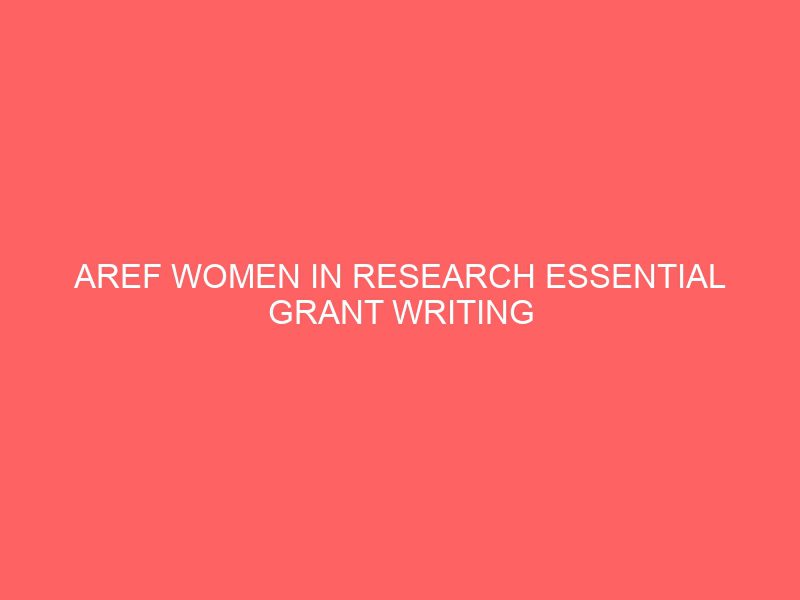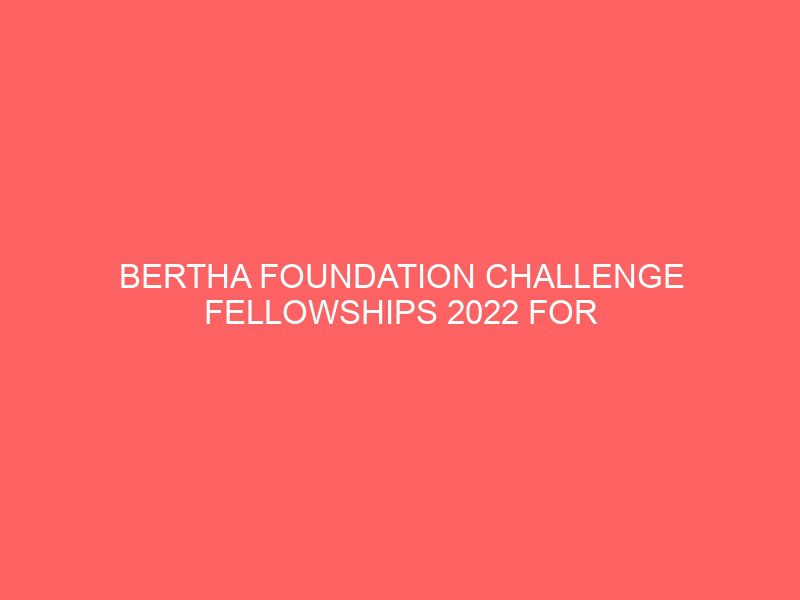Mathematics and Statistics Project Topics and Materials PDF DOC in Nigeria for undergraduate final year students
List of Mathematics Project Topics and Materials PDF DOC in Nigeria for undergraduate final year students. Click and view their Preview. brought to you by Projectslib research center, kano Nigeria, Goodluck
All Mathematics and Statistics project topics
For enquiries on any of our services (research writing, app/web development, partnerships), CLICK HERE
To specifically Hire a writer CLICK HERE
Here are the topics;
1. STATISTICAL ANALYSIS OF INFANT AND CHILD MORTALITY
2. STATISTICAL ANALYSIS OF THE RELATIONSHIP BETWEEN LIVE BIRTH AND STILL BIRTH
3. CHI SQUARE BIO DATA INFLUENCE OF DRIVERS ON ROAD ACCIDENTS
4. APPLICATION OF DISCRIMANT ANALYSIS TO PREDICT THE CLASS OF DIPLOMA FOR GRADUATING STUDENTS
5. STATISTICAL ANALYSIS OF INFANT AND CHILD MORTALITY
6. An empirical analysis of Nigeria crude oil demand, a random trend approach
7. An application of network analysis in optimizing a building construction project
9. Monitoring diabetic patients using statistical process control
10. Statistical analysis of domestic violence against women
13. The transportation problem, case study of Guinness Nigeria limited
14. Modeling the transmission and dynamics of measles
15. Effectiveness of linear programming techniques in decision making process
16. Time series analysis on marriage registration in Ilorin, Kwara state
17. Statistical analysis on the production and sale of flour between 2005-2010
18. Statistical analysis of motorcycle registration in Kwara state
22. Statistical analysis on impact of parental hood on academic performance
23. Application of multiple queuing model in evaluating the efficiency of service in UBA bank
24. Statistical analysis of factors affecting crime in Imo state
25. STATISTICAL ANALYSIS OF THE RELATIONSHIP BETWEEN LIVE BIRTH AND STILL BIRTH
26. CHI SQUARE BIO DATA INFLUENCE OF DRIVERS ON ROAD ACCIDENTS
27. APPLICATION OF DISCRIMANT ANALYSIS TO PREDICT THE CLASS OF DIPLOMA FOR GRADUATING STUDENTS
28. STATISTICAL ANALYSIS OF INFANT AND CHILD MORTALITY
29. An empirical analysis of Nigeria crude oil demand, a random trend approach
30. An application of network analysis in optimizing a building construction project
32. Monitoring diabetic patients using statistical process control
33. Statistical analysis of domestic violence against women
36. The transportation problem, case study of Guinness Nigeria limited
37. Modeling the transmission and dynamics of measles
38. Effectiveness of linear programming techniques in decision making process
39. Time series analysis on marriage registration in Ilorin, Kwara state
40. Statistical analysis on the production and sale of flour between 2005-2010
41. Statistical analysis of motorcycle registration in Kwara state
45. Statistical analysis on impact of parental hood on academic performance
46. Application of multiple queuing model in evaluating the efficiency of service in UBA bank
47. Statistical analysis of factors affecting crime in Imo state
55. Statistical analysis of unemployment rate among age groups and geographical locations in Nigeria
59. Statistical analysis on the yearly production and utilization of crude oil gas in Nigeria
60. Linear programming as a technique for managerial decision
61. Seasonal decomposition of the occurrence of road accident
62. Fitting linear regression model on sale and advertisement
63. Empirical analysis of factors affecting child mortality in Nigeria
64. An application of control chart in processing, monitoring and control
65. Statistical analysis of the effect of early child bearing among teenagers
66. Statistical analysis of the factors affecting the quality of egg production
67. Correlational analysis between breast cancer and married women in southern Nigeria
68. An application of multiple comparison methodology in statistical inference
69. A statistical analysis of the effect of weeds control on maize yield
70. Statistical analysis of insurance operations in Kwara state
71. Statistical analysis of infant mortality in Afikpo south local government area
72. Statistical analysis of pupils enrollment in the Universal Basic Education
73. Comparative analysis of amount of premium paid and claims settled on fire, life and motor policies
74. Statistical analysis on the effect of feeds on the body weight of poultry birds (broilers)
76. Statistical analysis of examination malpractice tendencies amongst students
77. Statistical analysis of socio-economic factors affecting women fertility in Nigeria
79. Statistical analysis on distance of students’ residence and academic performance
80. A statistical investigation of the effects of crude oil spillage on agricultural farmlands
84. An analysis of Covid-19 pandemic and impact on the economy in Nigeria
85. Statistical analysis of birth in Imo state from a period of six(6) years
86. Regression analysis of malaria in Nigeria
87. Statistical analysis of internally generated revenue in Abia state
88. Statistical analysis on distance of students’ residence and academic performance
89. A TIME SERIES ANALYSIS OF THE MONTHLY DISTRIBUTION OF RAINFALL IN ENUGU METROPOLIS
90. STATISTICAL ANALYSIS TOWARDS S.S.C.E
91. SIMULTANEOUS EQUATIONS PROOF AND THEOREMS
92. CORRELATION ANALYSIS OF CHILD SURVIVAL AT BIRTH A CASE STUDY OF OSUN STATE HOSPITAL, ASUBIARO
93. CORRELATION AND REGRESSION ANALYSIS ON SAVINGS AND LOANS
94. CONSUMERS ATTITUDE TOWARDS INCREASE IN PRICE A case study of Nigerian Bottling Company Plc
96. CORRELATION AND REGRESSION ANALYSIS OF THE EXPENDITURE ON ADVERTISEMENT AND AMOUNT REALISED ON SALES
97. APPLICATION OF WILCOXON SIGN RANK TEST ON APC AND PDP RULE IN NASARAWA STATE
99. Mathematical model to determine the level of contaminant in a work space
101. CHI-SQUARE ANALYSIS ON THE EFFECT OF INADEQUATE HEALTH CARE OF PREGNANT WOMEN IN NIGERIA
102. DEVELOPMENT OF BIO DATA INFLUENCE OF DRIVERS ON ROAD ACCIDENTS
106. EFFECTS OF OPTIMAL LOAN PORTFOLIO(CASE STUDY: SKY BANK LTD AND FIRST CITY MONUMENT BANK)
108. CHI-SQUARE ANALYSIS ON THE EFFECT OF CRIME RATE RECORDED IN NIGERIA, A STUDY OF OYO STATE
109. Stastitical analysis on the rate of live and still birth In Nigeria
110. CHI-SQUARE ANALYSIS ON THE EFFECT OF INADEQUATE HEALTH CARE ON PREGNANT WOMEN IN NIGERIA

